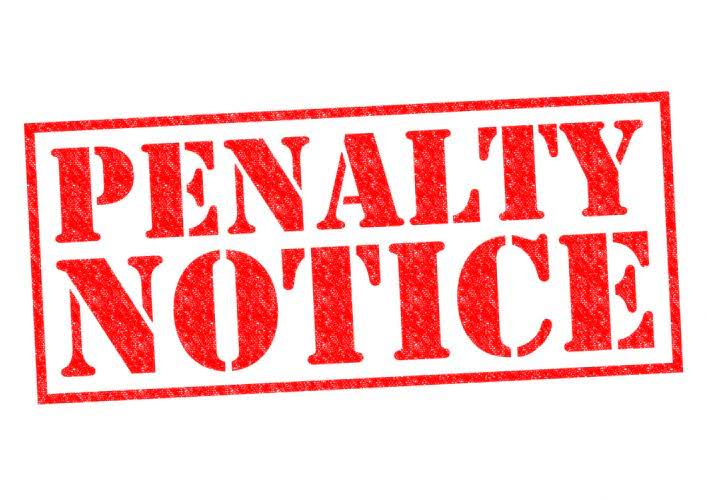
Assume that a company’s annual premium on its liability insurance policy is $2,400 and is due on the first day of each year. When the $2,400 payment is made on January 1, the company debits Prepaid Insurance and credits Cash. It also sets up automatic monthly adjusting entries to debit Insurance Expense for $200 and to credit Prepaid Insurance for $200 on the last day of each month.
- If the totals don’t balance, you’ll get an error message alerting you to correct the journal entry.
- The adjusting entry above is made at the end of each month for 60 months.
- However, simplified issue life insurance requires a health assessment.
- Taxes payable is money you owe to the government in income taxes, property taxes, or other company taxation.
- In the reporting period that the cash is paid, the company records a debit in the prepaid asset account and a credit in cash.
Any remaining balance in the asset account is what you still have left to use up into the future. An accrued expense can be an estimate and differ from the supplier’s invoice that will arrive at a later date. Following the accrual method of accounting, expenses are recognized when they are incurred, not necessarily when they are paid. A prepaid expense is a type of asset on the balance sheet that results from a business making advanced payments for goods or services to be received in the future.
Accrued expenses and prepaid expenses
Then, the company theoretically pays the invoice in July, the entry (debit to Utility Expense, credit to cash) will offset the two entries to Utility Expense in July. Accrued expenses are not meant to be permanent; they are meant to be temporary records that take the place of a true transaction in the short-term. Accrued expenses also may make it easier for companies to plan and strategize. Accrued expenses often yield more consistent financial results as companies can include recurring transactions in their financial reports that may not yet have been paid. In addition, accrued expenses may be a financial reporting requirement depending on the company and its Securities and Exchange Commission filing requirements. After 60 months, the balance in the Accumulated Depreciation account is $6,000 and therefore the equipment is fully depreciated and has no value.

Short-term debt is money you borrowed from lenders and need to pay back within one year. Over 1.8 million professionals use CFI to learn accounting, financial analysis, modeling and more. Start with a free account to explore 20+ always-free courses and hundreds of finance templates and cheat sheets.
Insurance Journal Entry for accounts payable
For example, paying $500 each month over the course of a 12-month policy. With this foundation, let’s look at some insurance accounting examples. Get up and running with free is insurance expense a debit or credit payroll setup, and enjoy free expert support. But, there are a number of expense categories you should know about to keep your finances in check and stay legally compliant.
Here is the Insurance Expense ledger where transaction above is posted. Here is the Supplies Expense ledger where transaction above is posted. Taxes payable is money you owe to the government in income taxes, property taxes, or other company taxation. This tax is typically based on the company’s profits, but it can also be based on other factors, such as the company’s size or revenue. An overdue invoice is a bill that has not been paid within the agreed-upon timeframe. An invoice can become overdue because a company forgets to make the payment or can’t afford to cover the cost of the invoice.
How to track and manage accrued expenses
Accrued expenses make a set of financial statements more consistent by recording charges in specific periods, though it takes more resources to perform this type of accounting. While the cash method of accounting recognizes items when they are paid, the accrual method recognizes accrued expenses based on when service is performed or received. When the company’s accounting department receives the bill for the total amount of salaries due, the accounts payable account is credited. Accounts payable is found in the current liabilities section of the balance sheet and represents the short-term liabilities of a company. After the debt has been paid off, the accounts payable account is debited and the cash account is credited.
- These include commercial property cover, product liability cover and employee cover.
- If the company receives an invoice for $5,000, accounting theory states the company should technically recognize this transaction because it is contractually obligated to pay for the service.
- If you decide to purchase a guaranteed issue life policy, you won’t have to undergo a medical exam or questionnaire.
- Here are a few examples of common journal entries made during the course of business.
- Since accrued expenses are expenses incurred before they are paid, they become a company liability for cash payments in the future.




